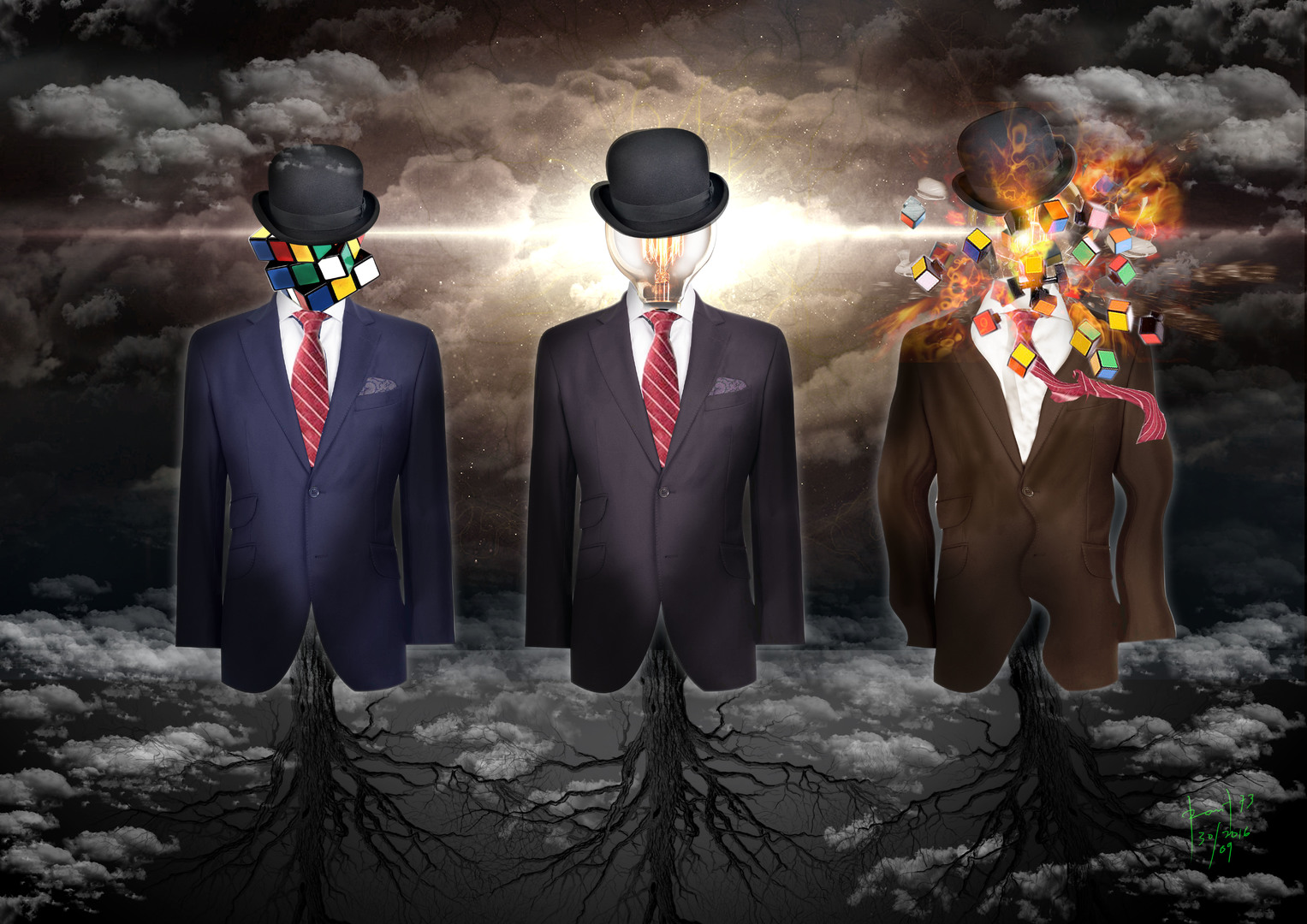Attachment Theory: More than just relationships

Introduction:
Attachment styles are the frameworks through which we understand our relationships. They guide how we connect with others, deal with closeness and intimacy, and respond to relationship stress. But what if a game could illuminate these patterns, offering insights that could transform our relationships? That's where The Start Game enters, not just as entertainment but as a journey toward self-discovery and relationship enhancement.
Understanding Attachment Styles:
Secure Attachment: The Balanced Navigator
Securely attached individuals are known for their ability to form stable and loving relationships. They're comfortable with intimacy and also respect personal boundaries. The Start Game's collaborative environments echo this balance, where teamwork leads to success and individual contributions are valued. Players can resonate with characters like Ari, whose leadership galvanizes the team, and Hiro, whose strategic foresight guides towards long-term rewards. The secure attachment style reflects a mature approach to love and relationships, one that The Start Game celebrates and nurtures through its gameplay.
Anxious Attachment: The Concerned Companion
For those with an anxious attachment style, there's an acute sensitivity to the nuances of relationships, often accompanied by a fear of abandonment. Within The Start Game, these players might find themselves gravitating toward scenarios that require reassurance from their Elemental companions. These moments are not about fostering dependency but about learning to find comfort in autonomy while still enjoying deep connections—mirroring Bao's adaptable spirit facing the winds of change.
Avoidant Attachment: The Independent Adventurer
Avoidantly attached individuals cherish independence and often perceive emotional closeness as a threat to their freedom. In the context of The Start Game, such players might prefer challenges that can be tackled solo, reflecting their self-sufficient nature. Yet, even the most solitary journey in The Start Game is sprinkled with opportunities to learn the value of interdependence, much like Cael's analytical mind that thrives on deciphering reality while gradually embracing the team's support.
Disorganized Attachment: The Fearful Explorer
Disorganized or fearful-avoidant attachment is complex, marked by a struggle between the desire for closeness and the fear of getting hurt. The Start Game provides a space where such conflicting emotions can be safely explored. It’s a world where players can encounter unpredictability and learn to navigate it with grace—akin to Dana's creative spark that burns bright even amidst chaos.
The Start Game as a Reflective Mirror:
The Start Game excels in its ability to reflect our innermost relationship dynamics. It doesn't judge but gently reveals the areas where we may hold back or lean in too much. Each challenge and interaction within the game becomes a moment of introspection, guiding players toward a deeper understanding of their relational patterns.
Elemental Categories and Attachment:
Each Elemental in The Start Game embodies traits that can be associated with attachment styles. Their narratives and experiences serve as a metaphor for players to examine their own lives. As players engage with the game, they resonate with the Elementals that most closely mirror their attachment tendencies, providing an intriguing perspective on personal growth and the art of connection.
Strategies for Growth:
Growth is at the heart of The Start Game. Players are encouraged to not just play but to evolve. By facing in-game scenarios with an open heart, they can begin to cultivate a more secure attachment style, learning the art of balance, trust, and resilience. The game becomes a catalyst for change, urging players to extend the lessons learned into their real-life relationships.
Conclusion:
The Start Game is more than a pastime; it's a gateway to self-awareness and relational wisdom. By engaging with its world, players are invited on a quest of personal and interpersonal discovery. It stands as a testament to the transformative power of play, where every decision, every victory, and every setback can become a stepping stone to stronger, healthier relationships.